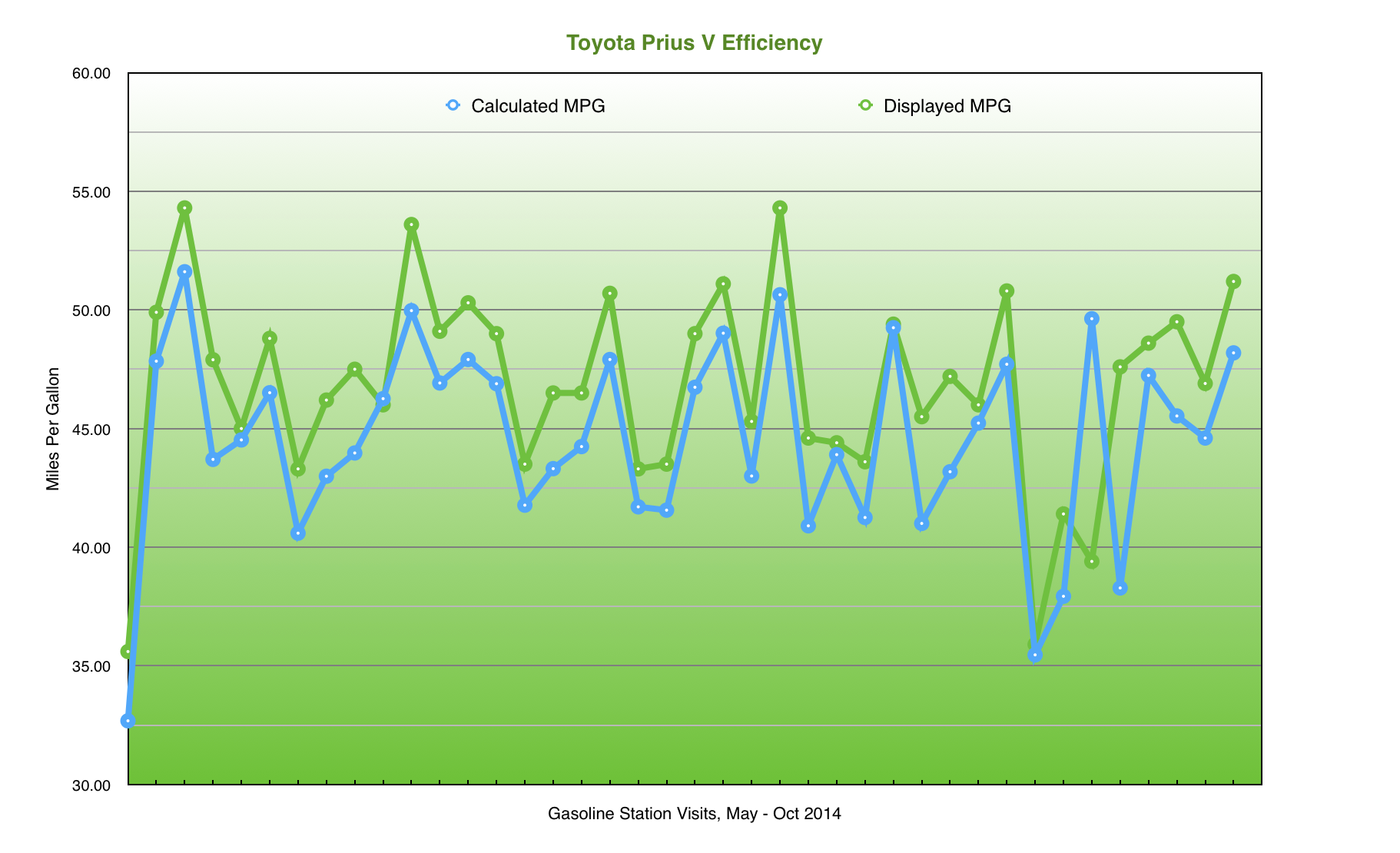Hybrid Gasoline-Electric Cars
The purpose of this section is to explore the pros and cons of hybrid cars. (At the moment we have no software products related to this subject.)
Issue 1 - Complexity
A hybrid car is generally more complex than an equivalent conventional gasoline or diesel model, but the situation is not as bad as you might expect:
| Component | Conventional Gasoline or Diesel Car | Hybrid Car (Toyota Prius) |
|---|---|---|
| accessory drive belts | one or more | none |
| starter motor | one | replaced by AC motor |
| alternator | one | replaced by AC motor |
| rectifier | AC to DC, simple | power converter, much more complicated |
| differential | one, assuming 2-wheel-drive | one |
| gearbox | multi-speed manual or automatic, complicated | epicyclic, simple |
| clutch or torque converter | one | none |
| 12V accessory battery | one | one |
| high-voltage traction battery | none | one |
Although the hybrid has added an expensive traction battery, it has eliminated some mechanical moving parts, such as the expensive multi-speed gearbox. The hybrid uses a computer-controlled electric motor to vary the torque on one shaft of the epicyclic "power splitter" gearbox to achieve the same goal as a conventional automatic multi-speed transmission, but without the stepped gear changes. (This is the reason the Prius transmission is called an electronic-Continuously-Variable-Transmission, e-CVT, to distinguish it from the mechanical CVTs that use drive belts between a pair of tapered cones.)
Issue 2 - Efficiency
Fuel consumption for a hybrid car can vary by large amounts depending on driving style, length of trip, temperatures, and speeds. When comparing to other cars, the numbers can be deceptive. For example, though a 4 miles per gallon (mpg) variation sounds large in absolute terms, it might amount to only 10%. Also, driving at high speeds (where the aerodynamic drag is a major factor) and using a heavy foot on the brake pedal (where the hydraulic brakes are used more than the regenerative electric braking) can both decrease the hybrid's efficiency advantage.
The chart below shows the miles per US gallon for a new Prius V wagon over about 6 months and 18,000 miles. There are two points for each tank of gasoline, one from the car's mpg display and the other calculated from the car's trip odometer and gasoline station's pump display. The driver was a conservative one but not a hypermiler, usually traveling around the speed limit. More than half of the distance was on highways. The EPA efficiency estimates for this car are 44 mpg city and 40 mpg highway (not as good as the standard Prius due to increased size and weight), so the predictions matched the real world in this case.
Note that the mpg low points (in the 30's) included long periods parked with the electric air conditioning running, when the outside temperatures were close to 100 deg F. Under those conditions the car automatically started the combustion engine periodically to maintain battery charge, but lost only about 3 miles of range per hour. That amounts to 3 miles/45 mpg or about 0.067 US gallons per hour. If the car is parked with the cabin heater running and outside temperatures around freezing point, it will give similar results.

